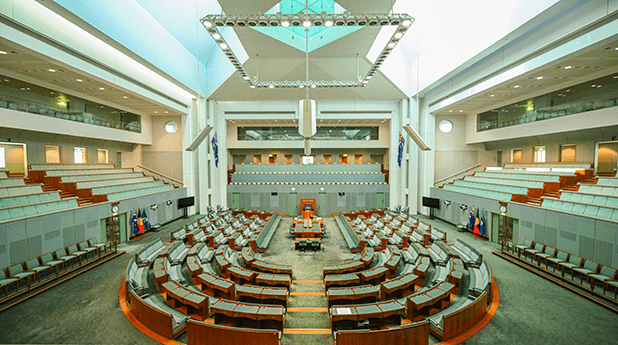With Labor securing victory, attention now turns to what is next. The party made a range of policy promises during the 2025 election campaign – now that the dust has settled from the election, it is time to unpack some of the more relevant announcements.
Division 296 tax: Higher taxes for balances over $3 million
To recap, Division 296 introduces an additional 15% tax for individuals with a total superannuation balance (TSB) exceeding $3 million as of 30 June each year. The tax applies only to the earnings on the portion of the balance exceeding $3 million, bringing the total tax rate on those earnings to 30%. Notably, the $3 million threshold will not be indexed.
Legislation to support this measure was introduced to Parliament but lapsed when the Federal election was called. The Government must now reintroduce the legislation to implement the measure. The Government remains committed to the proposal, and no further changes were flagged during the election campaign.
However, it is unlikely the measure will be passed as law before the proposed start date of 1 July 25.
Centrelink deeming rates
The absence of an announcement can be just as telling as a policy reveal. Centrelink uses deeming rates to assess who qualifies for income-tested pensions and concession cards. Since 2022, these rates have been at historically low levels, set at 0.25% and 2.25% for each threshold, and are scheduled to end on 30 June 2025.
If the Government had intended to extend the freeze on deeming rates, the election campaign would have been the logical time to provide that clarity. However, given the lack of any announcement, the freeze may end on 30 June 2025.
$1,000 instant tax deduction for work-related expenses
From 1 July 2026, eligible taxpayers may claim a $1,000 tax deduction for work-related expenses without receipts. This measure aims to simplify the process and save time when claiming deductions. Larger deductions will still be allowed, but receipts will be required.
To qualify for the instant deduction, taxpayers must earn ‘labour income’. Those with investment income alone are ineligible, though they may still claim deductions as per current practice.
$20,000 small business instant asset write-off
Early in the election campaign, the Government proposed extending the instant asset write-off threshold of $20,000 for another financial year until 30 June 2026. Small businesses with aggregated annual turnover below $10 million can immediately deduct the full cost of eligible assets costing less than $20,000, provided they are first used by 30 June 2026. If not extended, the threshold will revert to the standard $1,000.
Student loans cut by 20%
Eligible student loans will receive a one-off 20% reduction, applied before indexed on 1 June 2025. For the average university graduate with a debt of $27,600, this would reduce the balance by $5,520.
Additionally, from 1 July 2025, the minimum repayment threshold will increase from $54,435 to $67,000.
The ‘Help to Buy’ program has been extended
The scheme, which has already been legislated but does not yet have a confirmed commencement date, assists eligible individuals in purchasing a principal place of residence. It offers a maximum of 10,000 places each year over four years, with the Commonwealth providing an equity contribution of up to 30% of the purchase price for an existing home and up to 40% for a new home.
Upon the sale of the property, the Government will recoup its initial investment and a share of any capital gain if the property value increases. It is important to note that while the Government owns a portion of the property, it will not contribute to any upfront or ongoing expenses.
The proposal includes increasing the income cap for eligibility. For singles, the cap will rise from $90,000 to $100,000, and for joint applications (including single parents), the cap will increase from $120,000 to $160,000.
First Home Guarantee Scheme expansion
The scheme allows eligible home buyers to purchase their first home with as little as a 5% deposit, with the Government guaranteeing up to 15% of the loan, to avoid the need for Lenders Mortgage Insurance. The starting date of the scheme is yet to be confirmed.
The new proposal removes the income test limits of $125,000 for singles and $250,000 for joint applications, and introduces higher property price caps.
Learn more
If you have any questions, please get in touch with your Bell Potter adviser.
LEARN MORE
Our Technical Financial Advice team, in conjunction with a Bell Potter adviser can help you create a road map to achieve your financial goals, no matter where you are today. Whether you are looking for one-off advice or ongoing advice, our team can assist.
Get in touch with us to set up a complimentary initial appointment over the phone or in person across Australia.
